The pregnancy test is a test that allows a woman to know if she is pregnant or not. This type of test can be qualitative, when it simply indicates yes or no, or quantitative, if it gives the level exact hormone.
In both cases, the hormone analyzed is known as beta-hCG (human chorionic gonadotropin), released by the embryo from its implantation in the uterus.
During the first trimester of pregnancy, the level of hCG hormone increases progressively. Therefore, it is recommended to wait about two weeks after conception to do the pregnancy test. On the other hand, if the woman takes the test before, the result may not be reliable.
Provided below is an index with the 7 points we are going to expand on in this article.
- 1.
- 1.1.
- 1.2.
- 2.
- 2.1.
- 2.2.
- 3.
- 4.
- 4.1.
- 4.2.
- 4.3.
- 4.4.
- 4.5.
- 4.6.
- 4.7.
- 4.8.
- 5.
- 6.
- 7.
Types of pregnancy test kits
Depending on the fluid in which we analyze beta-hCG, we speak of a urine or blood pregnancy test. The first is generally qualitative and can be done at home. For their part, blood tests require medical intervention and can be qualitative or quantitative.
Home pregnancy tests
Home pregnancy tests, colloquially called predictor, are bought at pharmacies and allow women to find out if they are pregnant without having to go to the doctor. Therefore, it is the easiest, most discreet and fastest way for women to find out if they have become pregnant.
This type of pregnancy test detects beta-hCG in urine. Thus, if this hormone is present, the test will show a colored line or cross indicating a positive result.
Despite this, it must be taken into account that the control line should always appear, even with a negative pregnancy test. If this line does not appear, it means that the test has not worked correctly, its result is not reliable and it will be necessary to repeat it using a new test.
However, there are currently digital pregnancy tests that indicate directly on the screen if the woman is pregnant and, even, the gestation time if she is.
Urine pregnancy tests are qualitative tests with a sensitivity generally between 25 and 50 mIU/ml. Therefore, these tests detect levels of hCG hormone when it is above this value.
Blood pregnancy tests
Blood or beta-hCG pregnancy tests work basically as home pregnancy tests: they measure the levels of hCG, but this time in blood instead of urine. In short, the following are the main differences between them:
- The fluid examined
- The sensitivity or detection threshold
- The ability to determine how much hCG is present in the blood
The blood test can be done in two ways: quantitatively or qualitatively. The latter, like the urine test, simply indicates a positive or negative, but not an exact hormone value.
For its part, the result of the quantitative pregnancy test is a specific value that indicates the concentration of the hormone beta-hCG in the blood. Therefore, it must be a specialist who determines if said result corresponds to pregnancy.
There is some controversy regarding the level of hCG hormone taken as a limit to indicate that there is or is not pregnancy. In any case, values below 10 mIU/ml are generally considered to be suspect.
In case of questionable results, it is recommended to repeat the test 2-3 days later and analyze the evolution of beta-hCG: if the value doubles approximately every 48-72 hours, it is indicative that the pregnancy progresses favorably. If, on the contrary, the value stops or decreases, it is considered that the gestation is not evolutionary.
When to take the pregnancy test?
In order for a pregnancy test (either home urine or blood tests) to have a reliable result, the ideal is to wait at least 15 days from conception to do the pregnancy test. However, when looking for a baby and having frequent sexual intercourse, it is common for a woman to not know exactly what day she was able to get pregnant. In this case, the pregnancy test should be done once the woman has had at least one day of delay in her menstruation.
On the other hand, if the woman has become pregnant thanks to assisted reproduction treatment, she must also wait to take the pregnancy test. This period is known as beta-waiting and is undoubtedly very distressing for all patients.
If the treatment has been artificial insemination (AI), the woman must wait 15 days from the insemination to confirm with the test whether or not she is pregnant.
On the other hand, if the woman has undergone in vitro fertilization (IVF), either a conventional IVF or by intracytoplasmic sperm injection (ICSI), the beta wait will be about 12 days from embryo transfer. However, this period may vary slightly depending on the day of embryo development at the time of transfer (day 3 or day 5).
It is important to mention that, after an assisted reproduction technique, the gynecologist will generally instruct the patient to undergo a quantitative blood pregnancy test.
Assisted procreation, as any other medical treatment, requires that you rely on the professionalism of the doctors and staff of the clinic you choose. Obviously, each clinic is different. Get now your Fertility Report, which will select several clinics for you out of the pool of clinics that meet our strict quality criteria. Moreover, it will offer you a comparison between the fees and conditions each clinic offers in order for you to make a well informed choice.
False negative pregnancy test
It is important to wait at least the days indicated above for the pregnancy test to offer a reliable result. As we have mentioned, the amount of beta-hCG increases from the moment the embryo implants in the uterine cavity until approximately the end of the first trimester.
During the first days of development, the level of beta-hCG is low. For this reason, if the pregnancy test is carried out before time, it can offer a false negative result despite being pregnant, because the hormone levels have not yet reached the levels necessary to that can be detected by the test.
For the same reason, if the pregnancy test is negative, but the woman suspects that she is pregnant because she has some symptoms, it is advisable to wait a few days until repeating the test. It is possible, especially if you have irregular menstrual cycles, that the woman has become pregnant later than estimated and, in this way, the hCG levels will be given time to increase to levels detectable by the test in case of pregnancy. finally pregnant.
On the other hand, it is usually advisable to do the pregnancy test with the first urine of the day. In addition, it is advised not to drink a lot of fluids before taking the test, so as not to dilute the hormone levels in the urine. This also ensures greater reliability in the test result.
If performed correctly, expressly following the manufacturer's instructions and on the right day, home or urine pregnancy tests have a 95-97% reliability or even higher.
You can read more information about false negatives at the following link: Pregnancy Symptoms but Negative Test, What Else Could It Be?
False positive in the pregnancy test
Generally, when the pregnancy test is positive, there is no doubt that the woman is pregnant. However, there are specific situations that can lead to an increase in hCG levels without pregnancy or being abnormal. In this case, we would be facing a false positive.
The most common assumptions that can lead to a false positive result are the following:
- Ectopic pregnancy
- embryonic implantation has occurred outside the uterus, so pregnancy is not viable.
- Anembryonic pregnancy
- only the gestational sac develops, without an embryo inside.
- Biochemical pregnancy
- This is an abortion at a very early stage. There is implantation and, therefore, release of beta-hCG, but the pregnancy is lost a few days after implantation.
- Certain diseases and tumors
- a high level of beta-hCG hormone in the absence of pregnancy can indicate the abnormal growth of cancer cells.
- Assisted reproduction treatments
- In this type of treatment, it is common for women to inject drugs containing hCG to trigger ovulation. In this way, the remains of this hormone can be detected by the pregnancy test and result in a false positive.
Therefore, if you have a positive pregnancy test result, it is advisable to contact your gynecologist. In this way, the woman will be able to undergo the necessary tests and, thus, verify that the pregnancy is developing correctly.
In the following link you can find more information about false positives: Can pregnancy test fail? False positives and negatives.
Early pregnancy detection tests
Today, it is possible to find ultra-sensitive urine tests that can detect very small amounts of hCG. Therefore, its high sensitivity allows this type of test to be performed in advance before menstruation is delayed.
However, care must be taken when interpreting the result of this type of test:
- If the result is positive, the woman is pregnant, regardless of whether she took the test early. However, it may be convenient for the woman to repeat the test after a few days (better if she waits until the menstruation is delayed) to confirm the result since the test has been able to detect a biochemical pregnancy early.
- If the result is negative, it may be a false negative due to the early performance of the test. In this case, the woman should wait until her menstruation is delayed before reliably repeating the test.
Therefore, the best time to take a pregnancy test is to always wait at least one day after your period.
FAQs from users
When to take a pregnancy test if the period is irregular?
Pregnancy tests detect the presence of the pregnancy hormone (HCG) in both blood and urine. HCG begins to be secreted by the trophectoderm of the embryo after implantation and passes into the blood and urine.
The concentrations of this hormone in urine are a little lower than in blood, especially in the first days of its possible detection, so if we perform a test too early it is easier to detect it in blood than in urine.
Nowadays there are very sensitive urine tests in pharmacies that detect already very low amounts of HCG around 12-25 IU of HCG. Even if a woman's cycle is irregular, HCG begins to be detected between 10 and 15 days after the possible conception, therefore, if it is known approximately when the possible conception occurred, the test can be performed about 15 days later.
Can nerves during the Two Week Wait affect the success of IVF?
Serious studies have measured the concentration of corticosteroids, the so-called stress hormone, in the saliva of women underdoing fertility treatments that suggest that stress directly affects the probability of pregnancy.
However, I must remember that the treatment, and even more, the so-called Two Week Wait period is really stressful for each and every woman, so the possible effect of stress on the success of the treatment has already been disclaimed.
In brief, it does affect stress in treatment, but this effect has already been calculated by the doctor when in consultation, you talked about the probability of treatment success.
How to avoid in assisted reproduction false positives by the hormone hCG that is given during treatment?
The use of hCG, to trigger ovulation, or to support the luteal phase, must not mask false positives.
How do I know if I am pregnant?
Delayed menstruation and other pregnancy symptoms such as nausea may make you suspect that you are pregnant. However, to be sure, you should take a pregnancy test and, if it is positive, have an abdominal ultrasound to confirm with greater certainty that embryonic development is occurring normally.
How much does a home pregnancy test cost?
The price of home tests varies between 6 and 16 euros, depending on the brand name. As for the blood test, it is a blood test, so the price can vary greatly depending on the laboratory or clinic where it is performed. In any case, it usually does not exceed 40-50 euros.
How should a urine pregnancy test be performed?
It is recommended to do it with the first urine of the morning and about two weeks after sexual intercourse, artificial insemination or embryo transfer in cases of IVF (in vitro fertilization).
The steps to follow are: remove the protective cap of the test (where the test strip is) and place it for about 5 seconds under the urine stream. Then put the test cap back on to avoid interference with other substances and wait 5-10 minutes for the result to appear.
Is it possible for the predictor to be negative and the blood pregnancy test to be positive?
Yes, it is possible due to the different sensitivity of both tests. Urine tests detect hormone levels higher than 20 or 50 mIU/ml, depending on the type of test we buy. On the contrary, in the blood test, we can detect lower values. Therefore, if we use a 50 sensitivity predictor and the concentration of beta-hCG hormone in our body is 30, the predictor will be negative and the blood pregnancy test will be positive.
Can implantation bleeding affect the results of a pregnancy test?
Yes, you can take a pregnancy test from day 12 through 15 after ovulation. Experts do recommend to wait until you miss your period, as this way you leave a reasonable period of time for your hCG levels to increase should embryo implantation in uterus have occurred.
Recommended readings
Throughout this post, we have made various references to the pregnancy hormone, i.e. the hCG hormone. However, you may not know exactly what's the function of this hormone or its normal levels. Here's a complete guide to it, should you wish to delve deeper into it: What Are Normal hCG Hormone Levels during Pregnancy?
Finally, we always recommend that you are patient and manage to "survive" the so-called two-week wait by being distracted with other things, especially if you're on the 2WW after IVF embryo transfer. Get more info and useful tips to endure it here: What is the Two-Week Wait (2WW)? – Tips to Survive It.
We make a great effort to provide you with the highest quality information.
🙏 Please share this article if you liked it. 💜💜 You help us continue!
References
Boxer J, Weddell S, Broomhead D, Hogg C, Johnson S. Home pregnancy tests in the hands of the intended user. J Immunoassay Immunochem. 2019;40(6):642-652.
Cole LA. The hCG assay or pregnancy test. Clin Chem Lab Med. 2012 Apr;50(4):617-30.
Gnoth C, Johnson S. Strips of Hope: Accuracy of Home Pregnancy Tests and New Developments. Geburtshilfe Frauenheilkd. 2014 Jul;74(7):661-669.
Minkin MJ. Embryonic development and pregnancy test sensitivity: the importance of earlier pregnancy detection. Womens Health (Lond). 2009 Nov;5(6):659-67.
Robinson JH. What the pregnancy test is testing. Br J Sociol. 2020 Jun;71(3):460-473.
FAQs from users: 'When to take a pregnancy test if the period is irregular?', 'Can nerves during the Two Week Wait affect the success of IVF?', 'How to avoid in assisted reproduction false positives by the hormone hCG that is given during treatment?', 'What is the price of a pregnancy test?', 'How do I know if I am pregnant?', 'Does toothpaste work as a pregnancy test?', 'How much does a home pregnancy test cost?', 'Can you take a home pregnancy test while on your period?', 'How should a urine pregnancy test be performed?', 'What does a question mark on a digital home pregnancy test mean?', 'Is it possible for the predictor to be negative and the blood pregnancy test to be positive?', 'How quickly does a pregnancy test work?', 'Can you detect a pregnancy at 2 weeks?', 'Will a pregnancy test detect miscarriage?', 'Can a pregnancy test detect ovarian cancer?', 'What does BFP and BFN mean when talking about pregnancy test results?' and 'Can implantation bleeding affect the results of a pregnancy test?'.
Authors and contributors

More information about Cristina Algarra Goosman
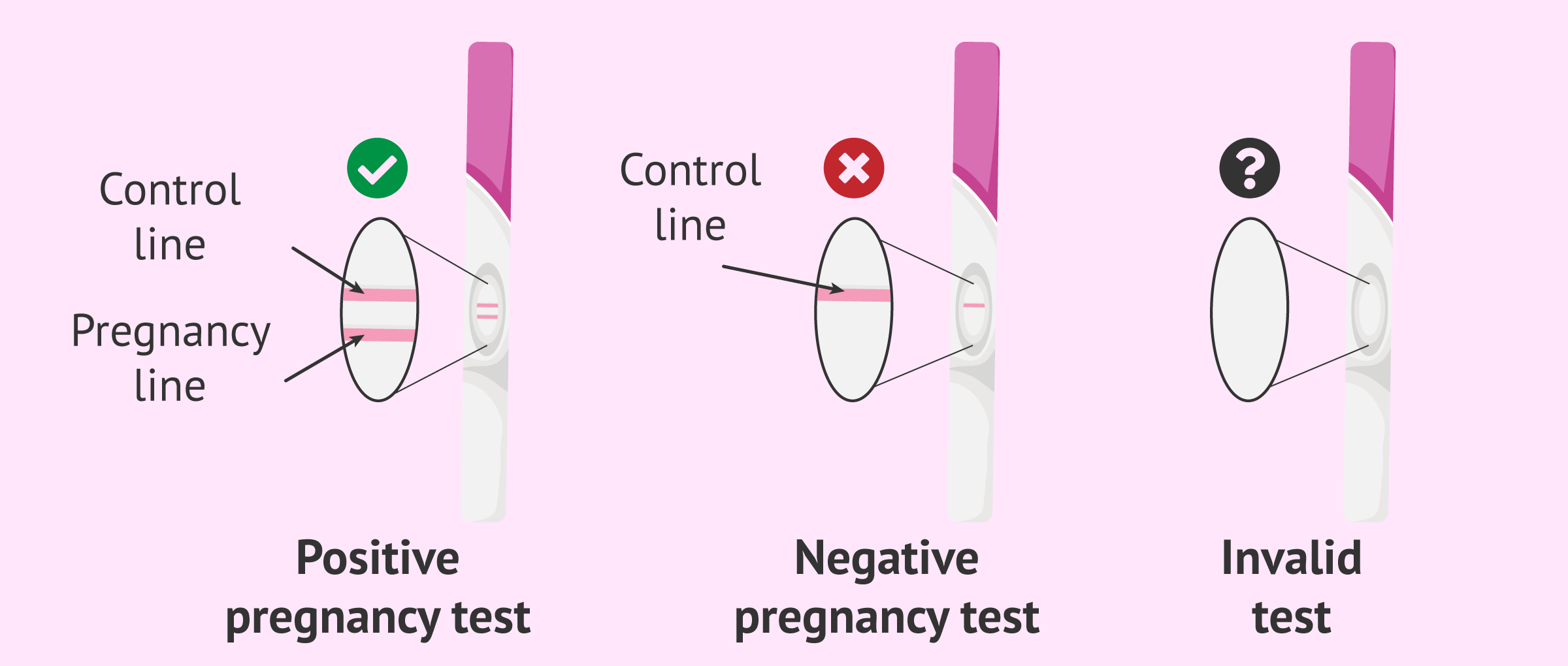
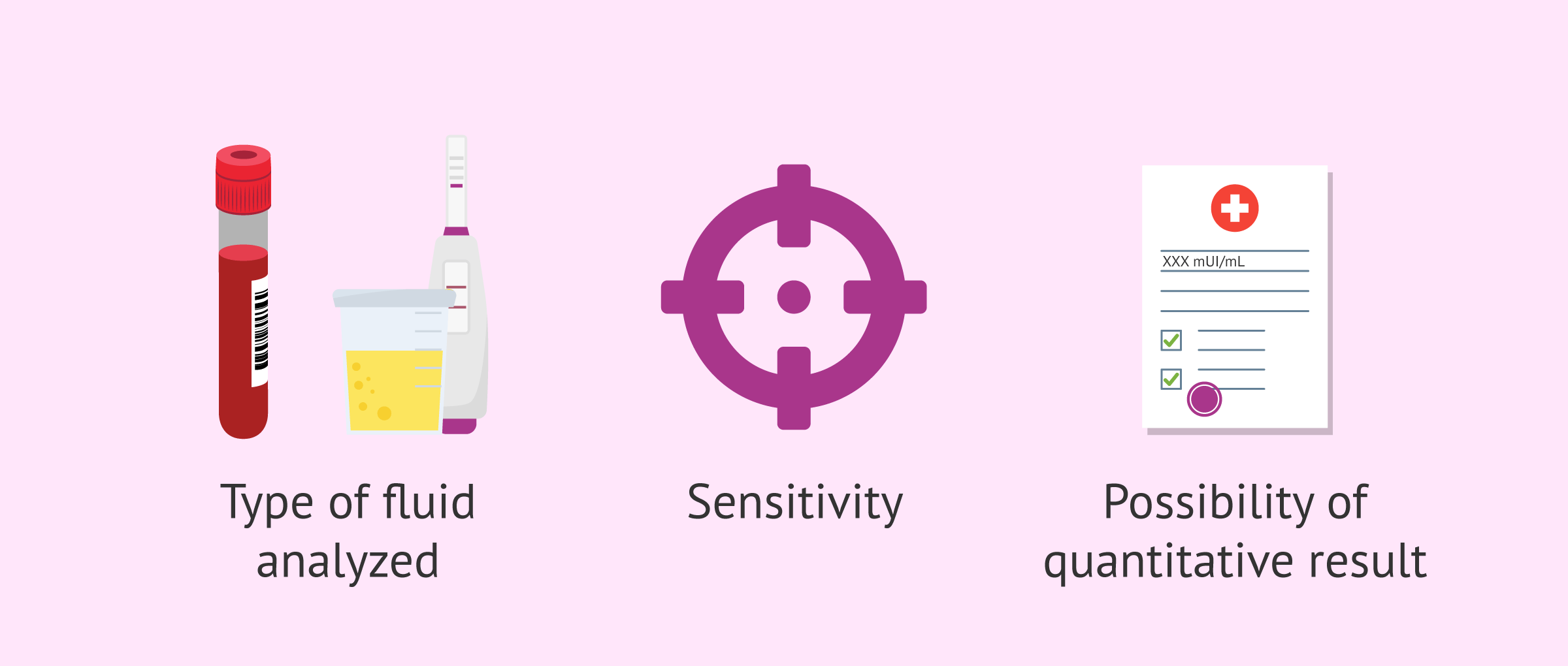
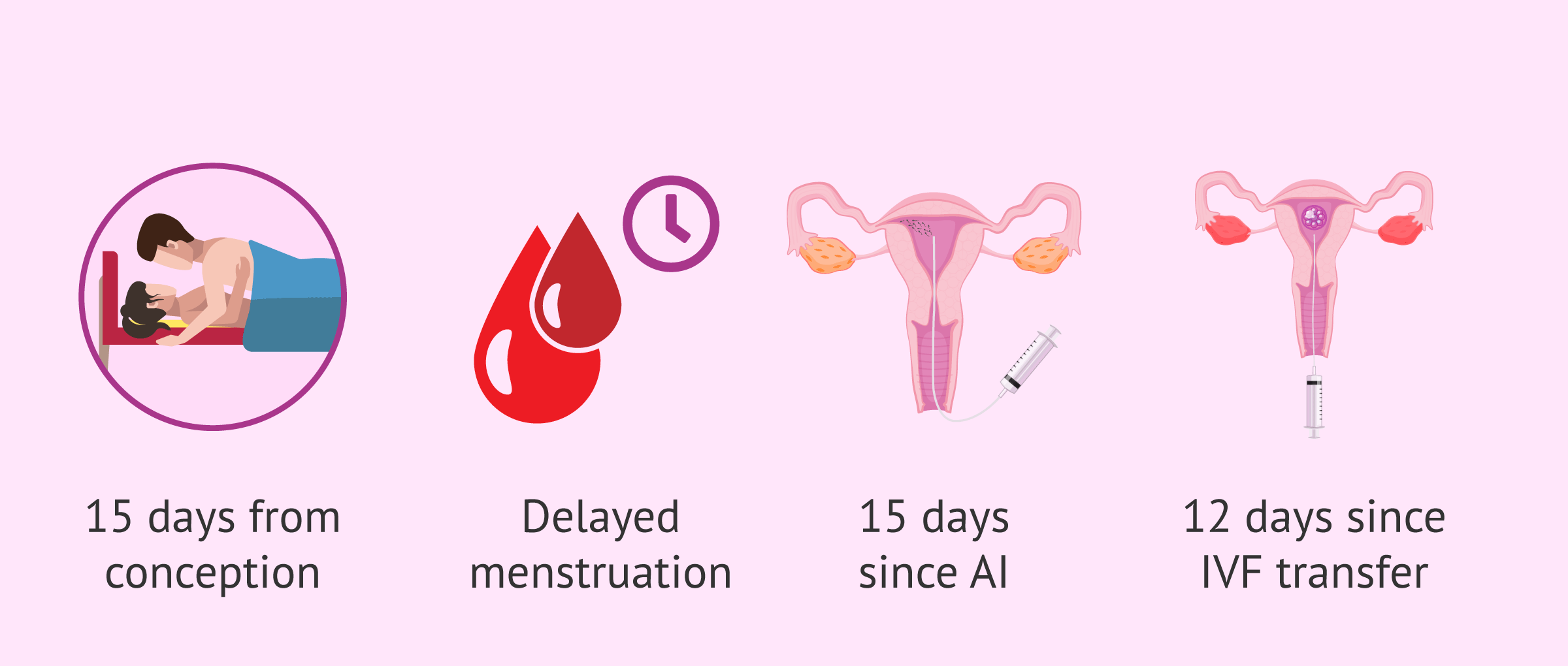
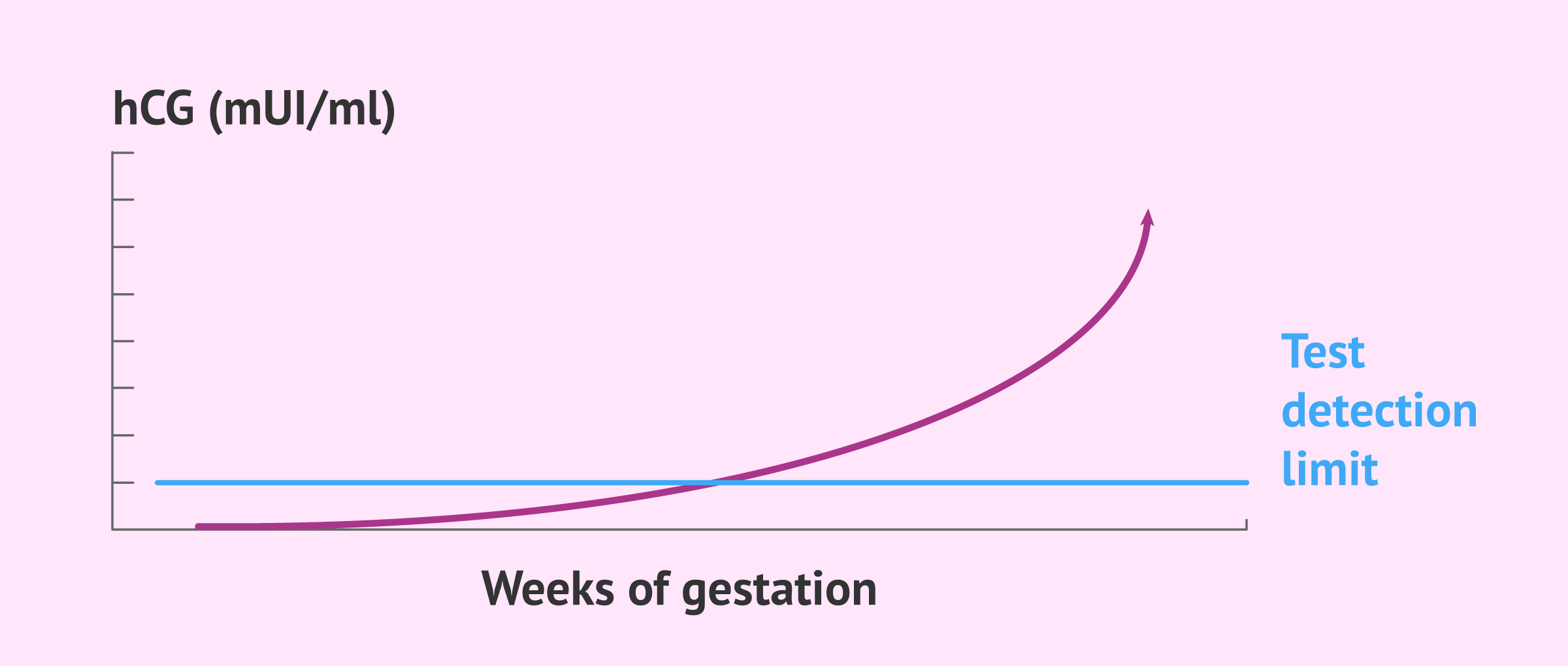
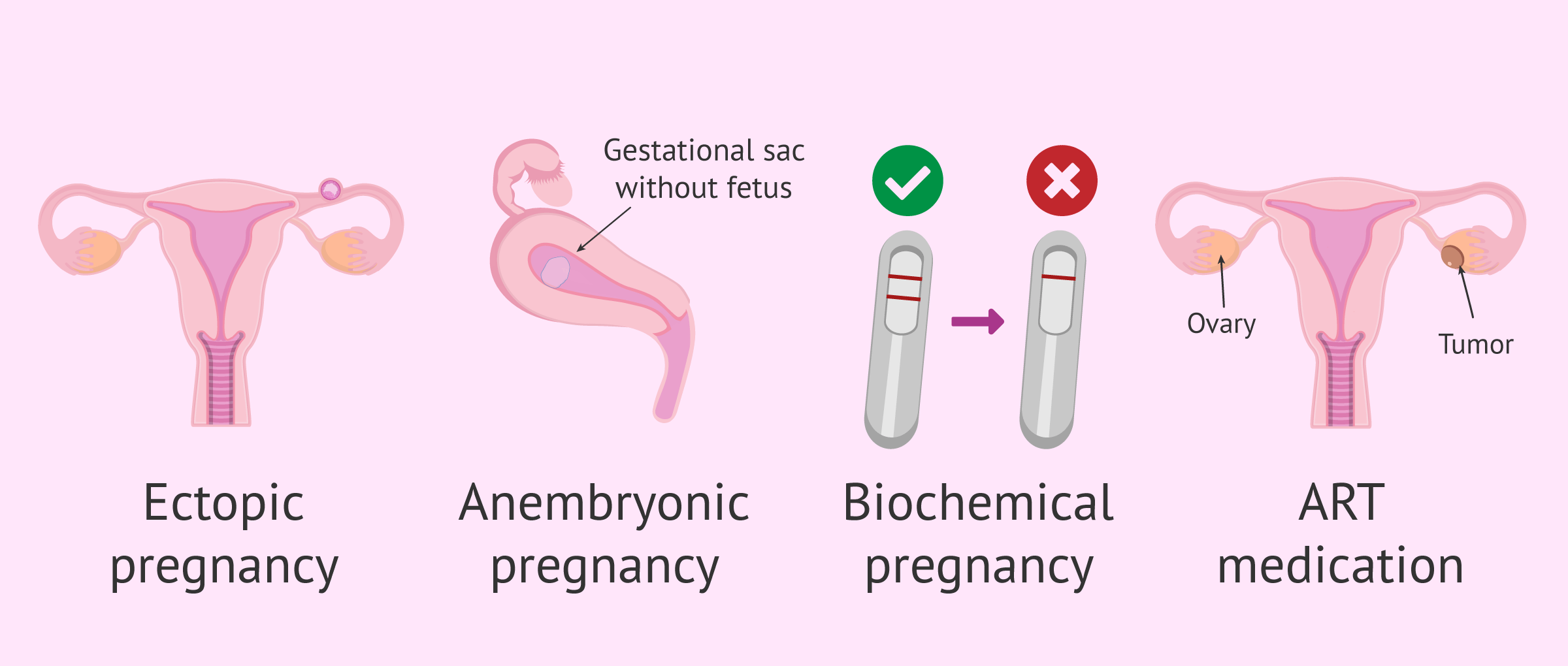





Hello Sandra,
I did the bood test but unfortunately my hCG level is 12. The nurse told me I have to repeat again the test because she could not confirm whether I’m pregnant or not.
Could you please tell me your opinion? I read on the internet that a result higher than 5 is positive, but a very low hCG level is not a good sign.
Thanks for you opinion.
Dear tulipan16,
You can find now the answer to your question in our forum: Embryo transfer: symptoms before positive outcome.
Thanks for getting involved.